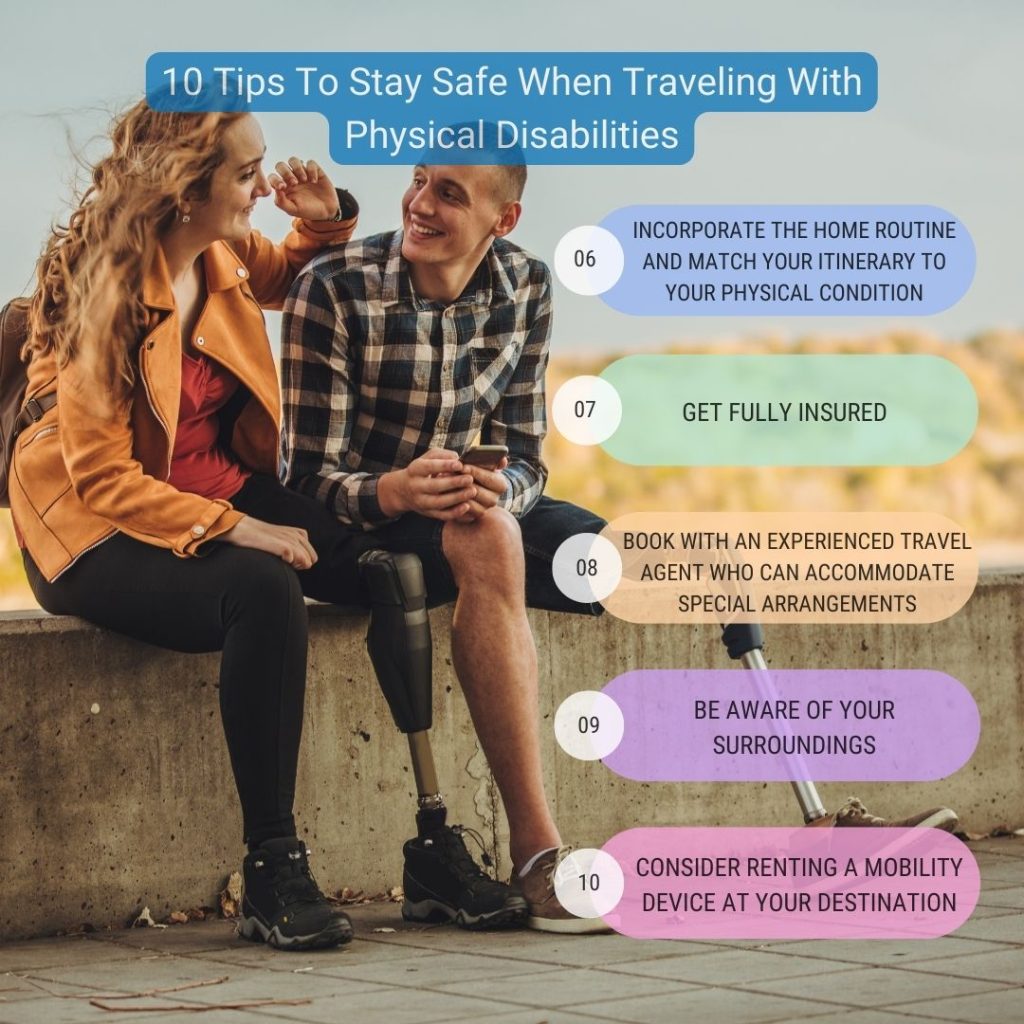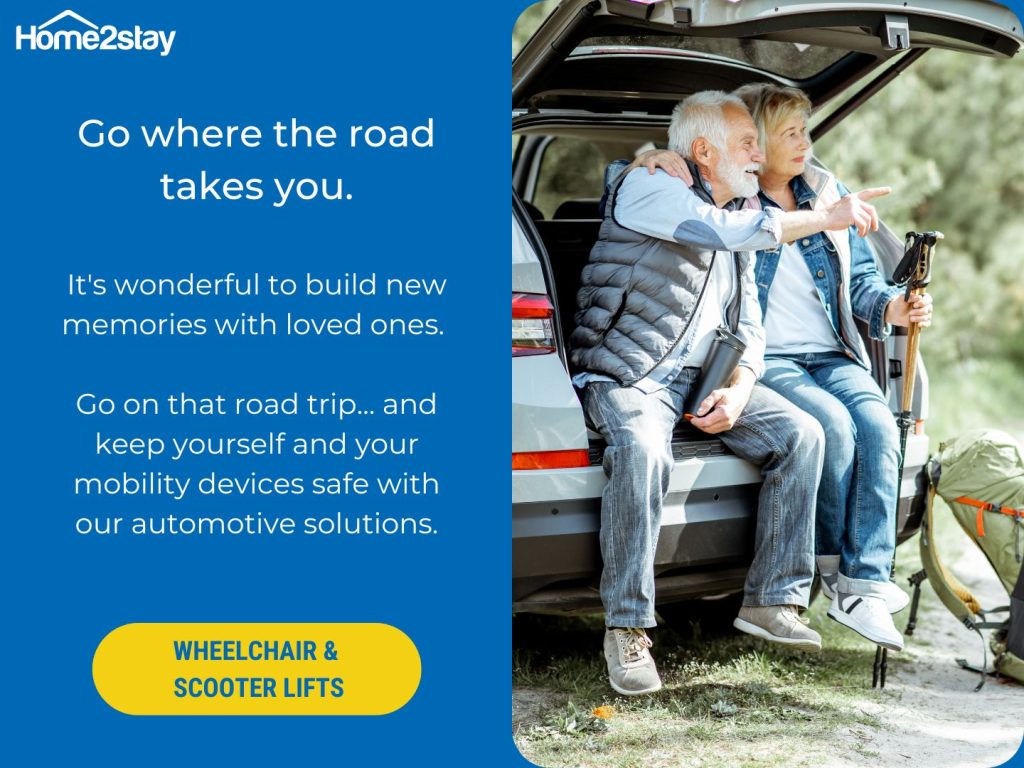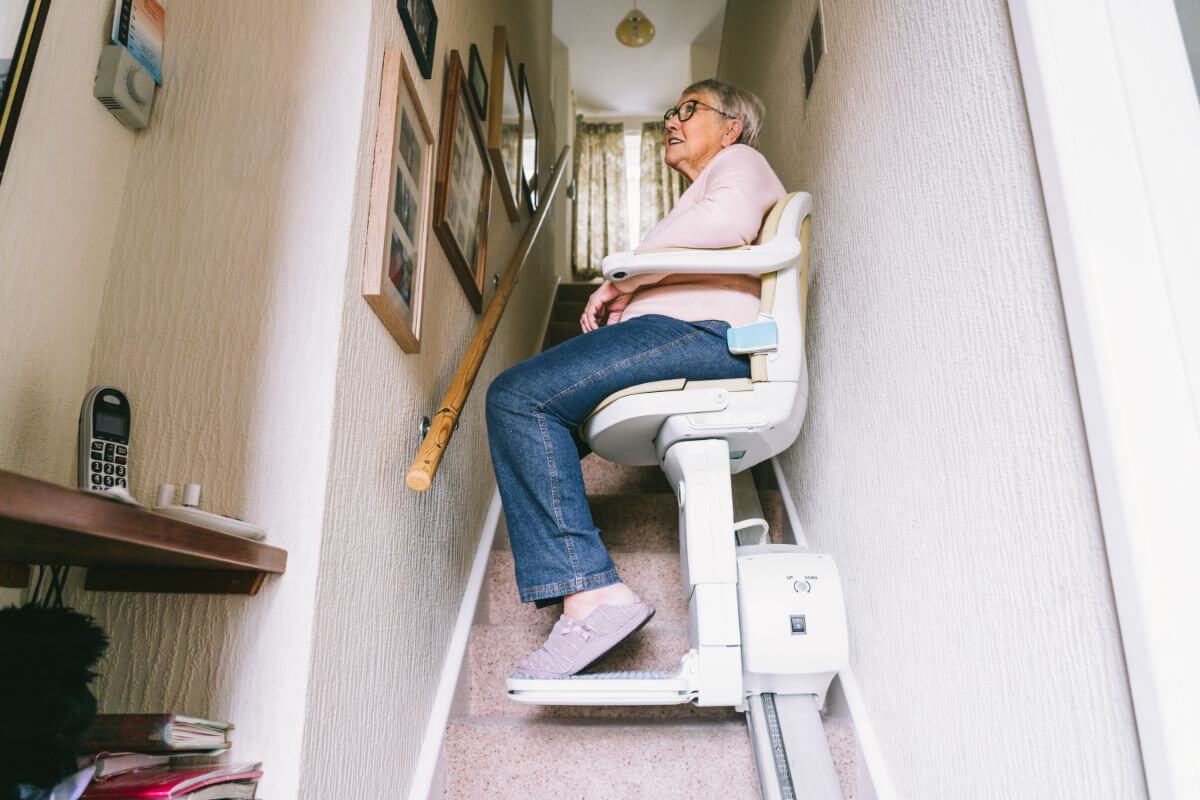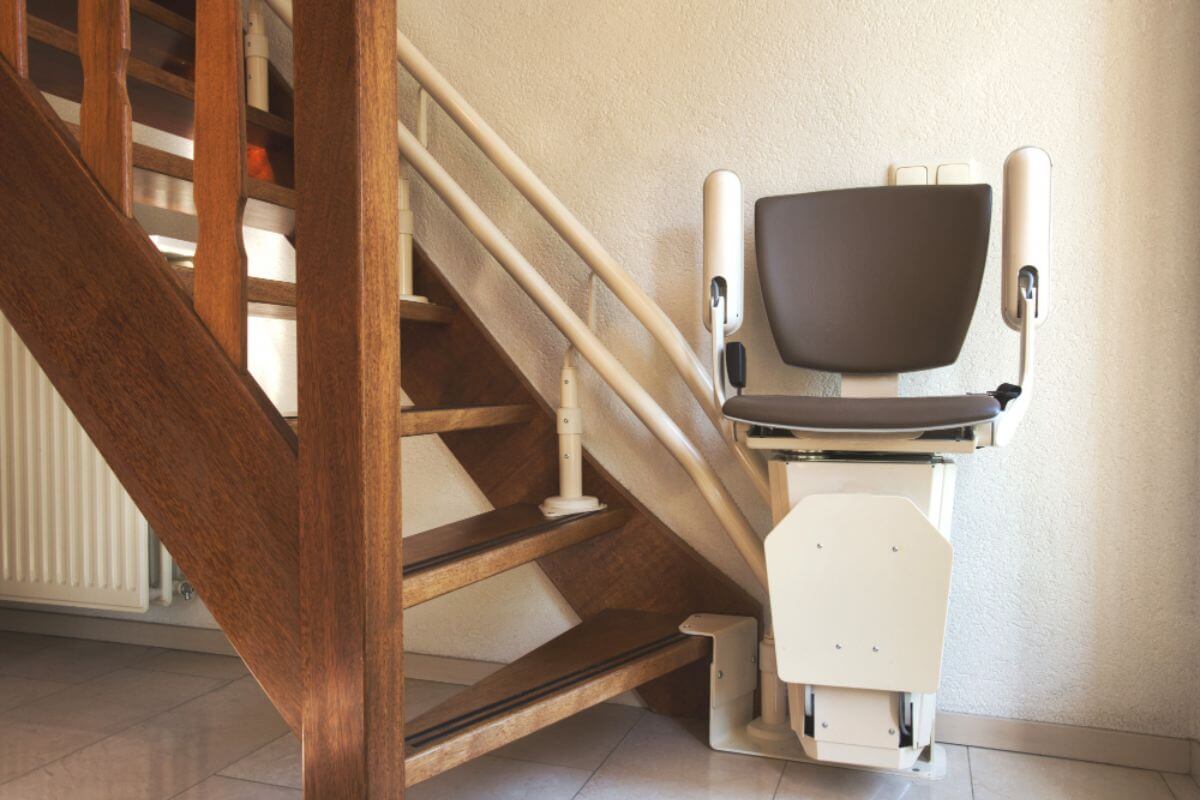10 Tips To Stay Safe When Traveling With Physical Disabilities
The term “disabled travel” or “accessible travel” is used to describe travel by people with disabilities. In the past years, the tourism industry has increasingly begun to recognize the unique requirements of visitors with disabilities by offering more services and more accommodations to meet their specific needs.
Travel safety is a major concern for everyone, especially for people with disabilities. However, disabilities should not be viewed as a barrier to traveling safely.
Travelers with disabilities are guaranteed equal legal protection under the Americans with Disabilities Act. While this would be the situation in an ideal world, it isn’t always the case, particularly in foreign nations where accessibility laws differ greatly.
Unfortunately, travelers with a handicap still frequently experience inadequate facilities, discrimination, misinformation, general inconveniences, and higher prices, despite the increasing recognition and support worldwide for persons with disabilities.
The good news is: A successful trip is the result of good preparation, careful planning, and thoughtful consideration, whether or not you or your companion has a disability. We have carefully put together these helpful tips to ensure you stay safe during your travels.
Plan, plan, plan to avoid unpleasant surprises
Many online and physical resources can help you make preparations for your trip. Get in touch with local transit companies and tourism bureaus before your trip- some of them can provide information specifically about accessibility or extra support for individuals with disabilities.
Websites such as the International Disability Alliance, ENAT (European Network For Accessible Tourism), and Wheelchairtraveling.com provide plenty of useful links, tips, and guides on accessible inclusive tourism for all, as well as ideas on accommodations, attractions, and activities.
Social media groups such as Accessible Travel Club can help you gain valuable insights related to traveling with a handicap.
You might want to check with your local disability support groups- in case they have a counterpart or partner organization in your destination country.
Keep in mind that the term “accessibility” can mean different things in various places. Some countries, especially third-world ones, may not have the proper technological and physical accessibility aids in place, so you have to rely more on human support systems when traveling to these places.
You should also look into the availability of doctors or healthcare in your destination country. The names and phone numbers of doctors, hospitals, or healthcare facilities at your destination can be obtained through your doctor, healthcare provider, insurance provider, or local embassy. Check if there is a nearby hospital or clinic from your hotel. You can also check out International Health Cover for more details.
Other questions you need to get the answers to before you travel:
-
-
- What are their regulations regarding the treatment of persons with special needs?
- Are there specific rules regarding the medications, medical supplies, and medical equipment that you need to bring along?
- Do the pharmacies in the country/state accept prescriptions from overseas physicians?
-
Consult your doctor or physician
Before you travel, make sure to consult with your physician first and get the proper clearance from him/her. Your doctor will probably give you a list of appropriate measures and precautions for your trip- so it’s best to be thorough and precise in sharing information with him/her.
Necessary information includes: where you will go, your mode of travel, how long it will take, your itinerary/activities, if you will be traveling solo or with a companion(s), etc.
An unusually long trip, unavailability of prescription medications, and inadequate medical services at your destination may be some main concerns your physician may want to discuss with you. Be ready and open-minded in case your doctor suggests that your planned trip or itinerary may not be appropriate for your health condition.
After you have consulted with your doctor and you have the necessary prescriptions for traveling, make sure to secure a written statement (preferably with official letterhead) from your doctor. This statement should contain the details of your ailment, current medications, potential side effects, any specific requirements, and other essential information. Also, ensure you have a contact number where your doctor (or another healthcare provider) may be reached at any time of the day in case of an emergency.
Make arrangements for assistance from the airline and airport
You should arrive at the airport terminal at least two hours before your local and connecting flights, and at least three hours for international flights.
But many airlines offer priority or easy check-in for individuals with disabilities and their companions. It is advisable to check this with the airline via their website or other contact channels. Check also what their policies are regarding medications and mobility equipment that you need to bring with you.
If you or a travel companion will be using their mobility devices such as a wheelchair or scooter, it is important to remove and take everything that can fall off and get misplaced during storage off of the device. This includes the foot rest, head rest, and any cushions. Label your device properly to reduce the chances of it being lost or swapped with another person.
For easy access to the restroom, it is best to ask for an aisle seat and request for extra leg room, if possible. Take note that travelers with mobility issues may be either the first or last ones off the plane, so make an allowance for extra time.
Be sure to check out your destination country’s policies regarding assistance to passengers with a disability or reduced mobility- such as the ‘Special Assistance’ in the UK, which requires airports and airlines to provide help and assistance, free of charge, to ensure a less stressful journey for people with physical challenges, the elderly, and those with communication difficulties, such as those with autism or dementia.
Include transportation to and from the airport in your travel arrangements- Book an accessible or wheelchair-friendly vehicle to pick you up and drop you off at the airport.
Discuss your needs with service providers ahead of time
In most circumstances, service providers are compelled by law to assist customers with special needs. However, it is best to give them enough time to make the necessary preparations.
Make sure to mention any special requirements when making the reservation, be it at the place where you will be staying, restaurants where you will dine, and spots you will visit. Contact the service provider 24 to 48 hours before your arrival to confirm that the necessary arrangements have been noted. If you are using the services of a travel agent or company, make sure they are aware of your special needs and that they have made the necessary arrangements with the concerned service providers.
When discussing a handicap, be thorough and precise. Accessible travel lingo and the medical words for specific diseases are not always understood by service providers.
Be as specific as you can about what you can and cannot do- the more information you provide, the better a service provider can accommodate your unique needs. It is better to get these arrangements in writing, so you have proof of your agreements with them.
Bring extra supplies in case of unexpected delays
Many specialists recommend bringing twice the amount of medications you need for the duration of your trip- you never know when your return flight might get delayed or you might want to extend your vacation. Keep all of your prescription drugs in your carry-on bag.
Always bring extra when it comes to health essentials- prescription glasses, hearing aids, colostomy bags, insulin injections, vitamins, etc.
Ensure that the medications you are taking are stored in their original bottles or casings with the labels written clearly. This will help avoid questions from authorities and keep your pills organized. Also, make sure any supplies necessary for your medication are packed properly to maintain their integrity.
If you will be bringing your mobility aids while traveling, it is advisable to bring extra tools and spare parts. Mobility aids can sustain a lot of wear and tear during travel- put together a small pack of replacement parts and tools for emergency repairs. Additionally, you and your traveling companions might need to disassemble and re-assemble the mobility aid during your trip- so be sure that you or a companion knows how to accomplish this.
Incorporate the home routine and match your itinerary to your physical condition
When planning your itinerary, it is vital to factor in the normal home routine of the person with physical limitations.
Do not expect that you or your traveling companion with disabilities will have the same physical capabilities and energy as more able-bodied people. Stay on the conservative side, and plan your activities around the stamina and capabilities of the person with physical limitations.
Remember that vacations are meant to be enjoyed and to help you recharge- there’s no need to pack too much in one day, as this can easily overwhelm you and make the trip stressful.
If air travel or overseas travel is too risky for your condition, consider going on a road trip instead. This means traveling in a vehicle that is familiar to you and one that you can adjust according to your needs. By equipping your vehicle with assistive automobile accessories such as a chair lift or scooter lift, you will make traveling with a mobility device so much easier and safer, both for the person with a handicap and for the mobility device itself.
Get fully insured
Insurance is non-negotiable- you need it when you travel, plain and simple. If you are traveling with a handicap, there are additional considerations to keep in mind when getting travel insurance. There are also insurance policies specific to people with disabilities.
The term ‘disability’ covers a wide range of conditions, and a travel insurance provider must be able to customize the plan according to a customer’s specific requirements.
Be open and honest when applying for travel insurance because it’s all about feeling protected, secure, and at ease throughout your trip, no matter what you get up to. Not declaring your full condition might mean you get to save a few dollars, but it’s best to be fully covered in case the worst-case scenario happens- being truthful will guarantee that you are protected, no matter what happens.
Book with an experienced travel agent or tour company who can accommodate special arrangements for you
Do you know that there are travel companies specializing in providing services for the elderly, people with disabilities, and physical constraints?
Even if you don’t have such agencies near you, experienced travel advisors can design an itinerary that suits everyone’s needs, provide information on hotels’ levels of accessibility, and arrange private transportation. In some cases, they can arrange for modifications ahead of time, if you wish to travel to an area that is not disability or senior-friendly. For instance, they can have grab bars, safety poles, and handrails installed in your hotel bathroom and room.
Choose agents who are knowledgeable about accessible locations, such as cities that are very sensitive to the needs of people with disabilities and have top-notch accessibility options for travel and accommodations.
Travel agencies such as Wheel the World, Flying Wheels Travel, The Society for Accessible Travel and Hospitality, Seable Holidays (for the visually impaired), Easy Access Travel, and Planet Abled are tour companies dedicated to travelers with disabilities.
Be aware of your surroundings
This is sound advice for all travelers – but for people with disabilities or their companions, you have to be extra careful, as there are unscrupulous characters anywhere in the world, who might want to take advantage of tourists with handicaps or in their senior years.
Keep your eyes and ears open for pickpockets or thieves who may be looking for open bags or pouches on your wheelchair or mobility scooter, or waiting to steal from you while you are distracted. Keep your passport and other important personal belongings close to you at all times, such as in a crossbody bag.
Travel bags from brands such as Pacsafe and Travelon include anti-theft features, making your belongings more secure.
For your safety, avoid being too friendly to strangers and don’t give out your personal information.
Consider renting a mobility device at your destination
Always think about what will make your journey the most convenient from start to finish. At your destination, you might be able to rent a wheelchair or a scooter. If you are capable of getting around on your own but might need a mobility device for longer walking distances or certain activities, this is an excellent choice.
Companies like Scootaround offer mobility rentals across all of North America and on all significant cruise lines. Renting equipment locally can save you the hassle of having to go through long waits at the airport, as well as free up some room in your vehicle. Plus, it relieves you of worry about having your mobility aid stolen or damaged during your trip.


Conclusion
We hope this article has given you some important insights and things to consider if you’re thinking of traveling but are concerned about your safety as a traveler with a disability or physical limitations. With the right precautions and measures, you can plan your trip so that it’s both safe and convenient for you. You deserve to enjoy vacationing with your loved ones!
While this article covered a lot of information, do consider that there might still be some details that you need to think about concerning your specific condition and situation. Fortunately, technological advances are also continuing to pave the way for people with disabilities now and in the future. It is our pleasure to present you with these ideas that you can use as a jump-off point for planning your next trip.
Bon voyage and safe travels!
Going on a road trip? We have a range of automotive solutions to keep you and your mobility devices safe. Plan in advance- reach out to us and we’ll assist you in choosing the right aids for your travel needs.






Leave a Comment
We'd Love to Hear Your Thoughts Got something to say? We're all ears! Leave your comments below and let us know what you think. Your feedback helps us improve and serve you better. Can't wait to hear from you!